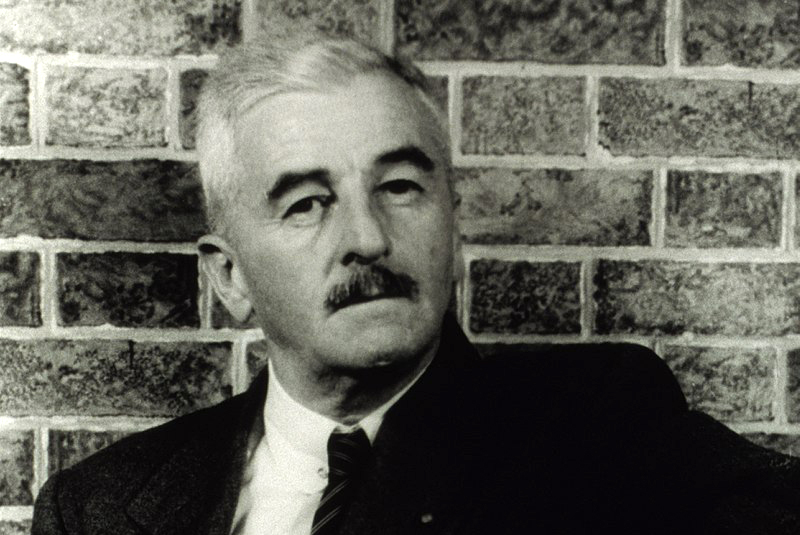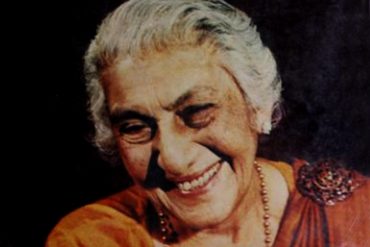William Faulkner was a consummate genius, a craftsman without a peer. He was wholly contingent on his writing prowess for his livelihood, and so he had to imperatively write what he thought would sell rather than what he wanted, or desired, to write. Despite such an allegory to life’s commonplace chemistry and basic needs, Faulkner also wrote for personal pleasure — a sponge on which he absorbed his deepest thoughts and interests. This was precisely what the good literary doctor had ordered — a squeegee that also engaged Faulkner’s virtuosity. It led to the emergence of his captivating works.
Faulkner’s great corpus of work embodies a variety of styles and also subject matter. Not that his attitude towards them was static, or fixed. They varied and sprouted with fulsome beauty and bounty in his imagination. In so doing, the writer in Faulkner’s magical finesse sublimated the actual into the apocryphal. What’s more, the myriad inconsistencies of life never disturbed him — he always seemed to know his characters better with every new work. This was, perhaps, one palpable reason why his judgment of characters changed from novel to novel.
Sublime Backdrop
Faulkner (1897-1962) combined the use of symbolism with a transcendent stream of consciousness — a novel approach to the writing of fiction on his own terms. This was the éminence grise of his art and grammar. It was also the springboard of his exceptional fiction — a sublime fount for his fictional Yoknapatawpha County, the setting for most of his novels. If Faulkner is highly regarded as a literary chronicler of life in the Deep South, his exploration of life, with all its numerous hues, especially in the post-American Civil War context, was no less brilliant. For all their diversity, they exhale a remarkable unity, focusing on the personal histories of his characters — the Snopes family, in particular — and, on the moral uncertainties of a ‘progressively’ dissolute society.
-30-
Copyright©Madras Courier, All Rights Reserved. You may share using our article tools. Please don't cut articles from madrascourier.com and redistribute by email, post to the web, mobile phone or social media.Please send in your feed back and comments to [email protected]











